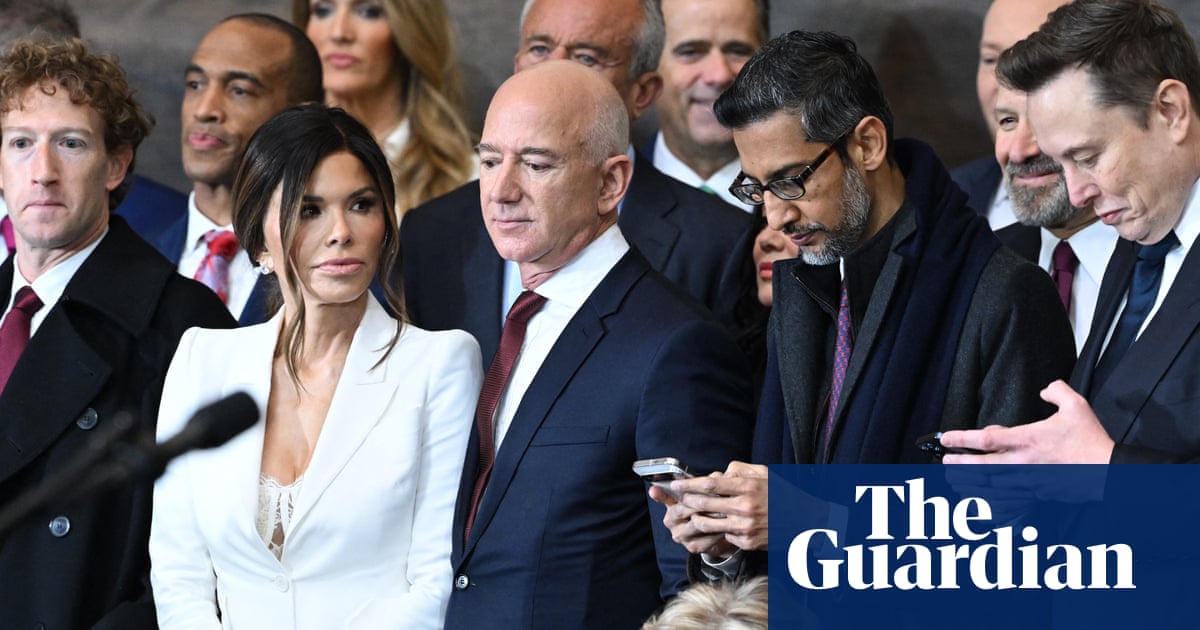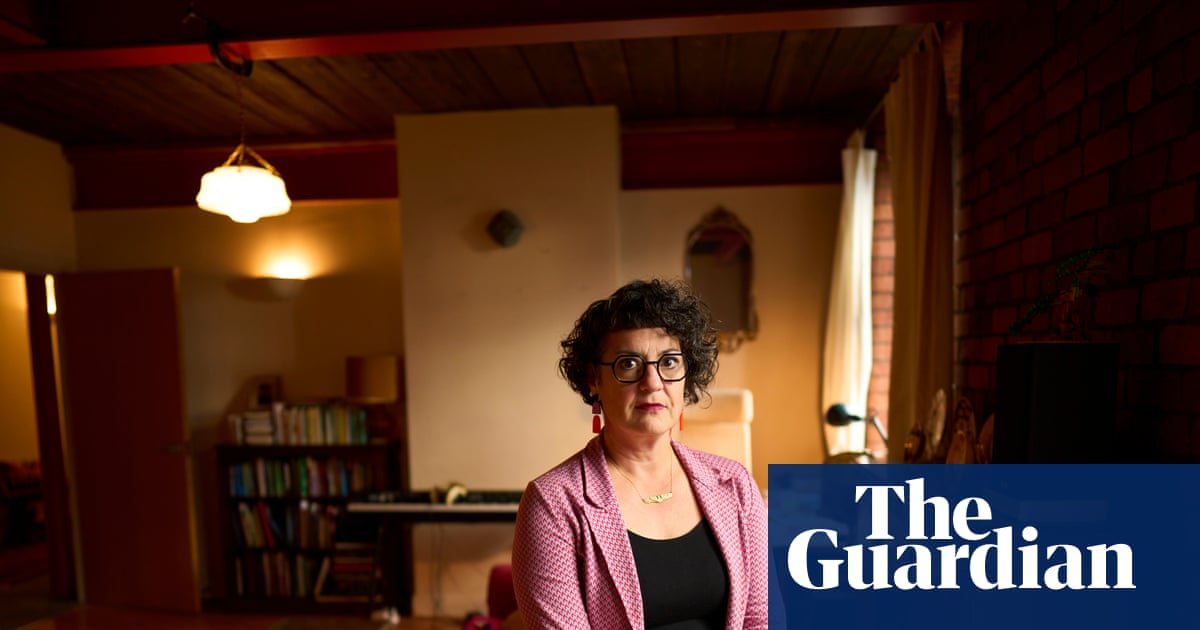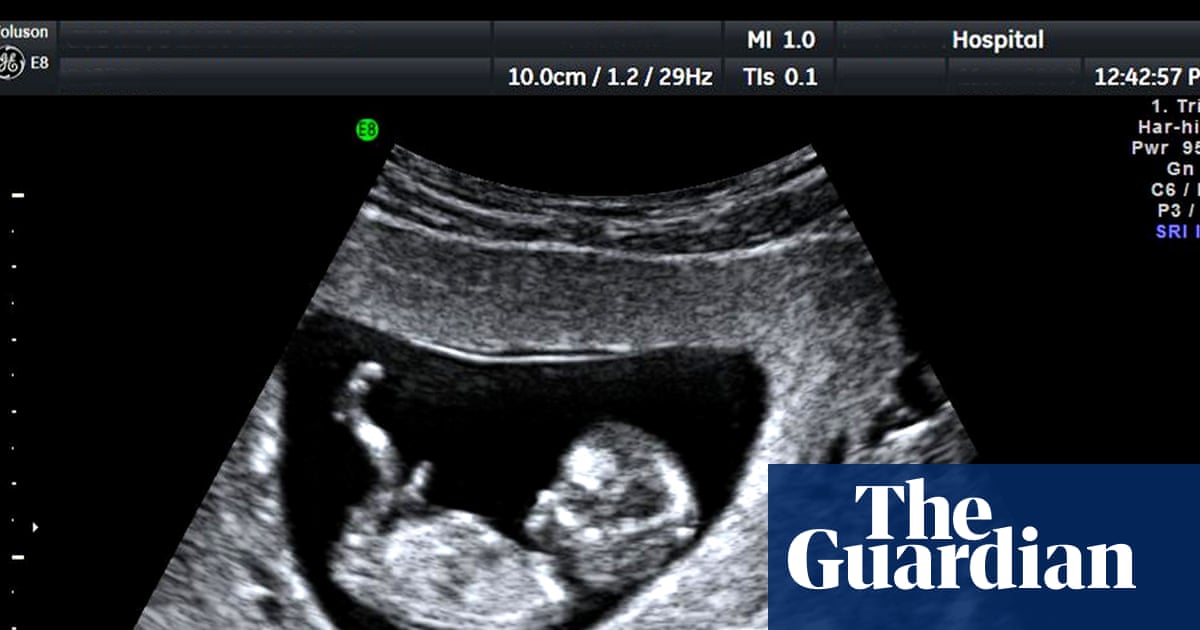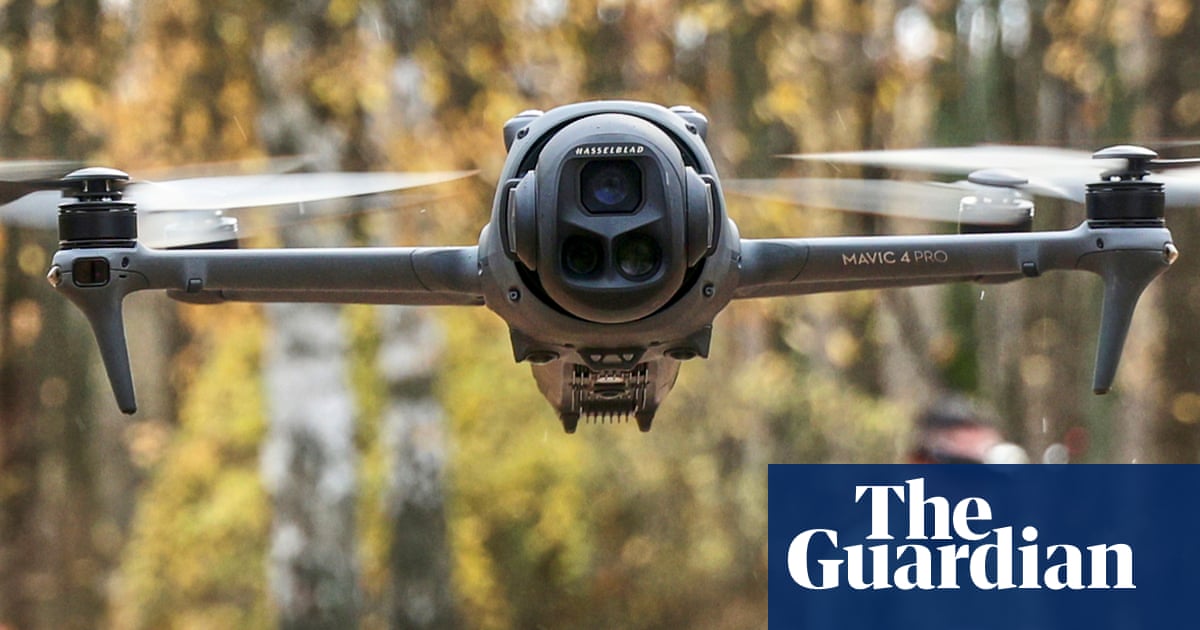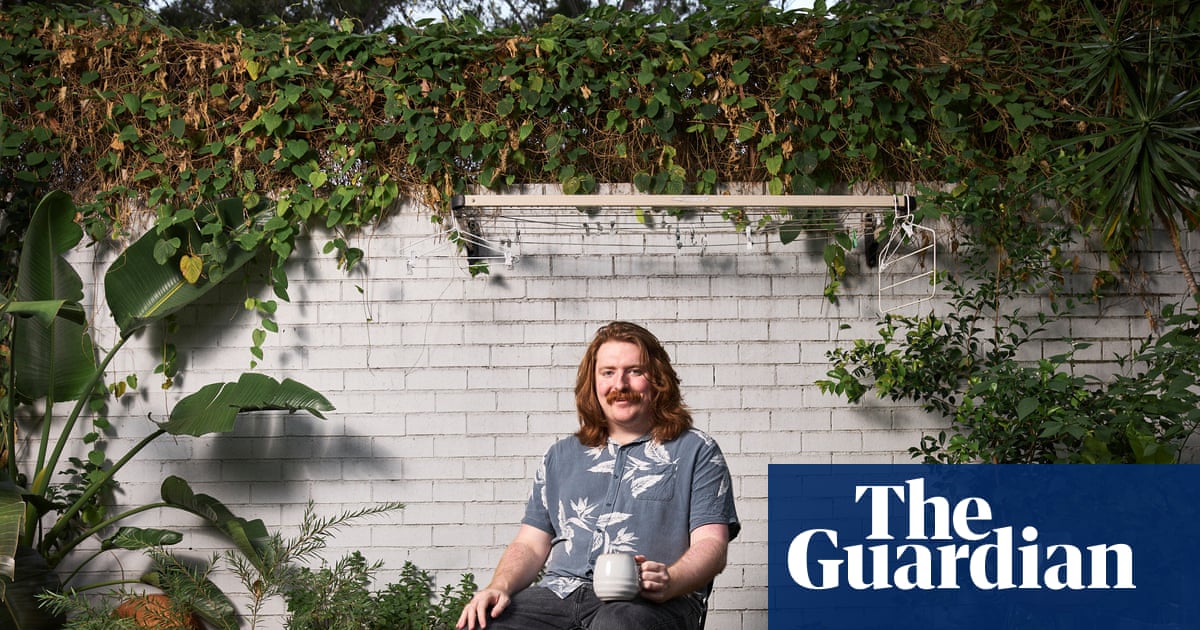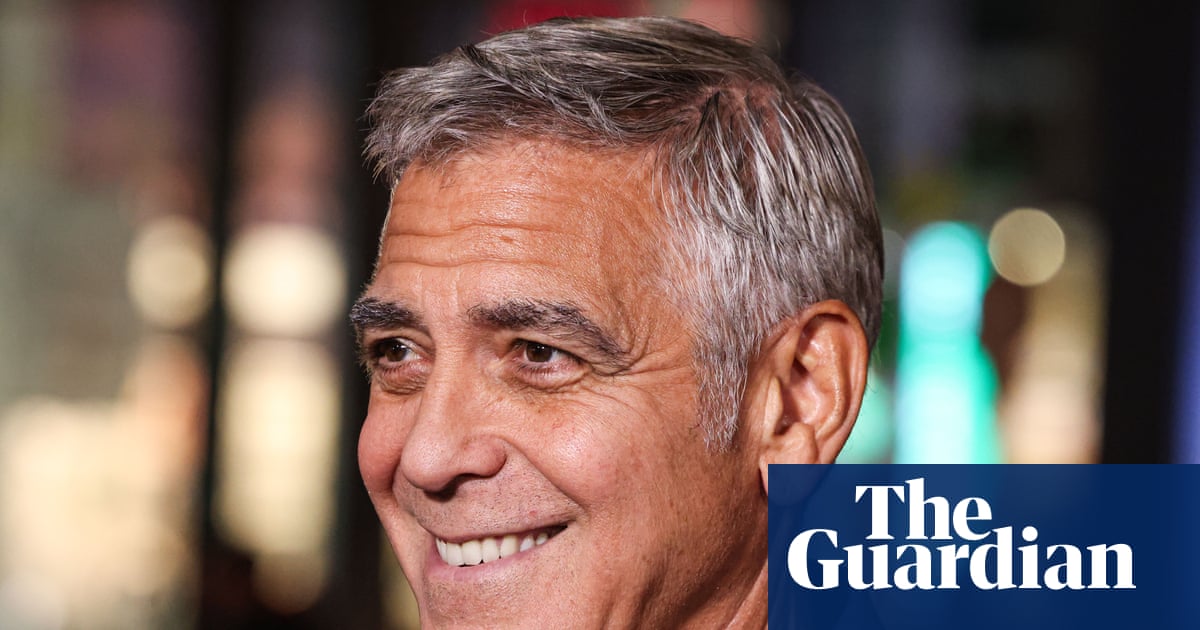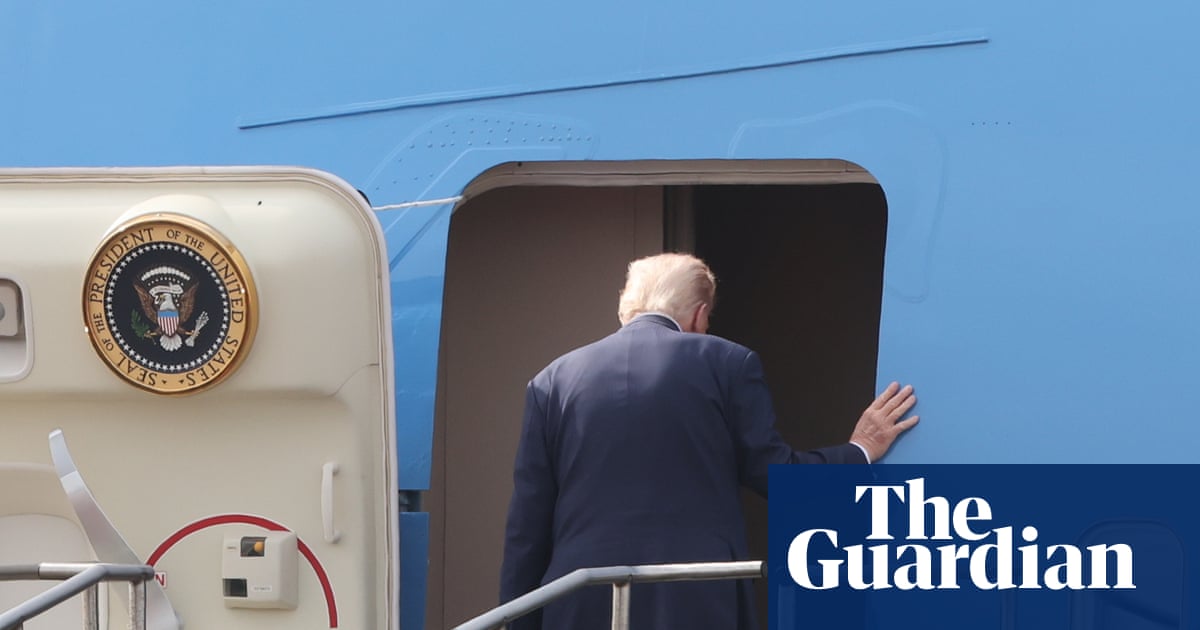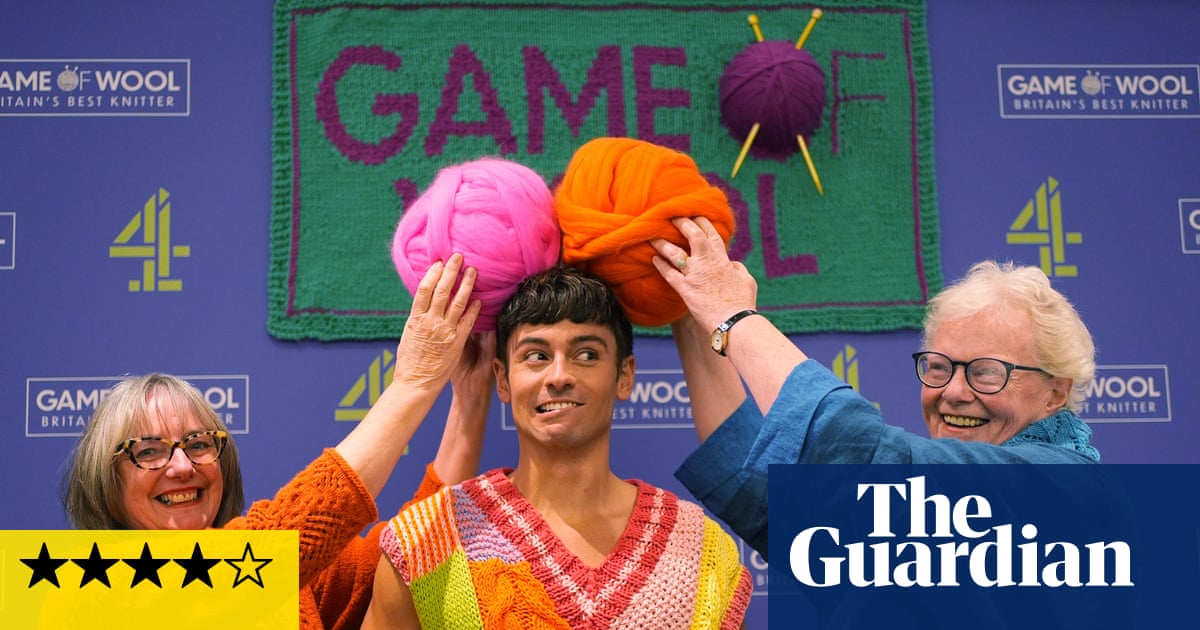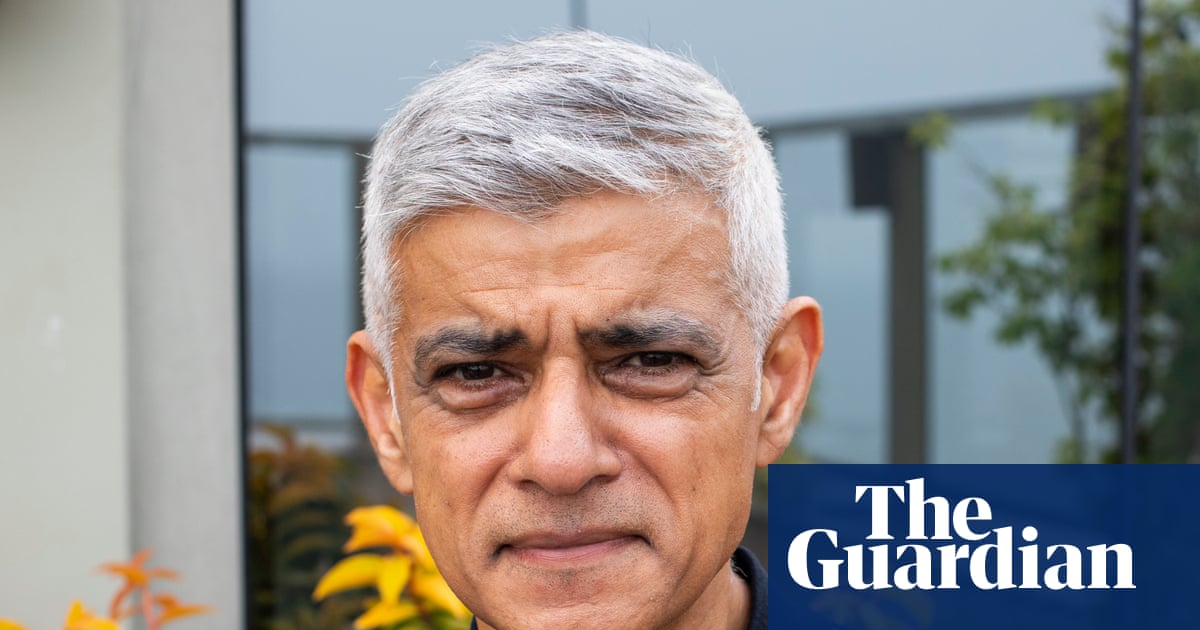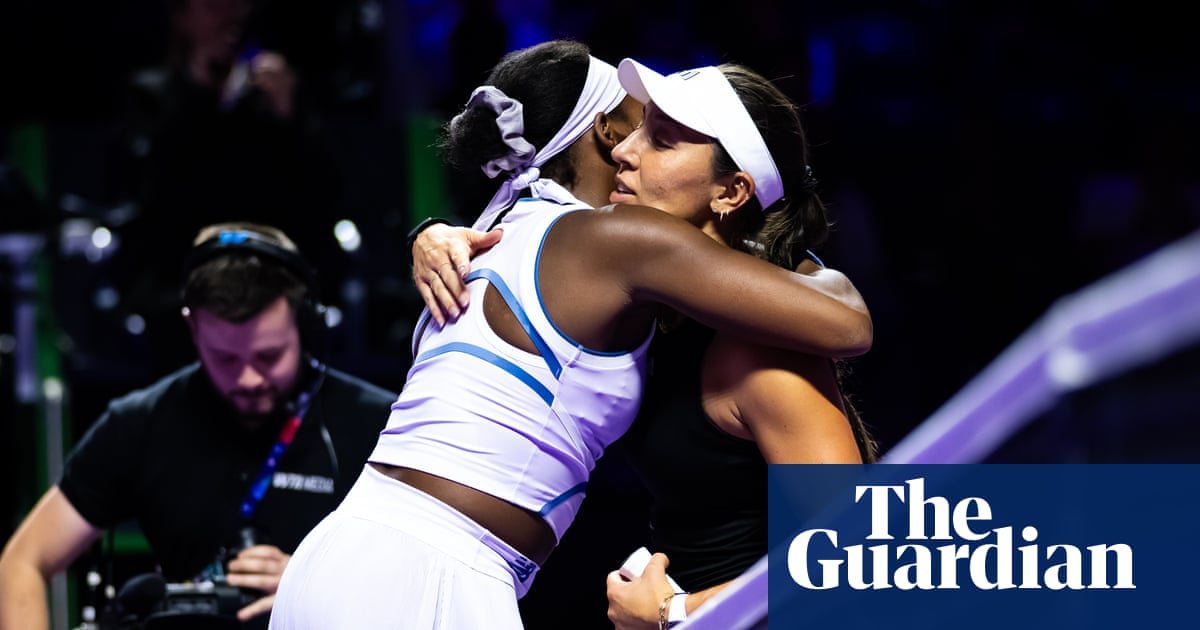Leading British artists including Mick Jagger, Kate Bush and Paul McCartney have urged Keir Starmer to stand up for creators’ human rights and protect their work ahead of a UK-US tech deal during Donald Trump’s visit.
In a letter to the prime minister, they argued Labour had failed to defend artists’ basic rights by blocking attempts to force artificial intelligence firms to reveal what copyrighted material they have used in their systems.
Senior figures in US tech are accompanying the US president on his state visit, where an announcement is expected on a UK-US tech pact covering areas including AI.
Elton John, one of the letter’s signatories, said government proposals to let AI companies train their systems on copyright-protected work without permission “leaves the door wide open for an artist’s life work to be stolen”.
“We will not accept this,” he added. “And we will not let the government forget their election promises to support our creative industries.”
Other signatories include Annie Lennox, the writer Antonia Fraser, and the actor and playwright Kwame Kwei Armah. Creative organisations backing the letter include the News Media Association, which represents news publishers including the Guardian’s owner the Guardian Media Group, the Society of London Theatre & UK Theatre, and Mumsnet. There are more than 70 signatories in total.
The letter claims that copyright law is being flouted “en masse” by tech companies to build AI models and raises the government’s refusal to accept amendments to the recent data (use and access) bill that would have forced AI firms to reveal what copyrighted material they have used in their systems.
Such a move “actively stood in the way” of creators exercising their human rights, the letter adds, referring to the UN’s international covenant on economic, social and cultural rights (ICESCR), the Berne convention for the protection of literary and artistic works and the European convention on human rights – the latter enforceable in the UK through the Human Rights Act.
The letter points to a provision in the ECHR stating that “no one shall be deprived of his possessions except in the public interest”, adding that removing the amendments breached UK citizens’ rights, under the ICESCR, to “the protection of the moral and material interests resulting from any scientific, literary or artistic production of which he is author”.
“The government’s formal position has exhibited a shocking indifference to mass theft, and a complete unwillingness to enforce the existing law to uphold the human rights stipulated by the ICESCR, the Berne Convention and the ECHR,” said the letter.
Labour has been at loggerheads with the UK’s creative community ever since launching a consultation on reforming copyright law, with the preferred option of letting AI companies use copyright-protected work without seeking the owner’s permission – unless they signal a desire to opt out of the process. The government has said this is no longer its preferred option and has convened working groups – drawn from the creative and AI sectors – to come up with solutions to the issue.
Beeban Kidron, the crossbench peer who tabled the data bill amendments, said the working groups were “packed” with US interests – members include ChatGPT developer OpenAI and Mark Zuckerberg’s Meta – and pointed to recent government deals with Google and OpenAI as evidence of a continuing close relationship with US tech. Kidron said failure to protect copyright contravened artists’ human rights.
“It’s deeply regrettable that it has come to this, but by prioritising the short-term optics of data centre announcements and trade deals, they are knowingly undermining the foundations of the UK’s creative industries,” said Lady Kidron.
A UK government spokesperson said the the creative industries’ concerns over copyright were being taken “seriously” and a report into the impact of potential changes would be published by the end of March next year.
“No decisions have been taken, but our focus is on both supporting rights holders and creatives, while making sure AI models can be trained on high-quality material in the UK,” said the spokesperson.

.png) 1 month ago
32
1 month ago
32
